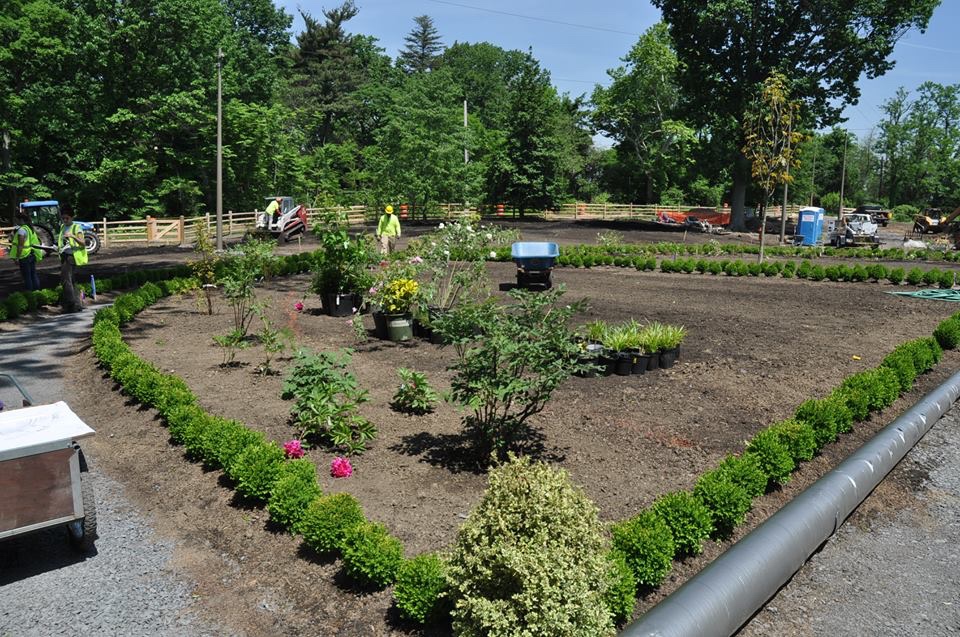“You don’t have to move out of your neighborhood to live in a better one” — Majora Carter
 June 7, 2016
Category: Featured, Medium, People
June 7, 2016
Category: Featured, Medium, People
Disclosures
Editor's note: Generocity is serving as a media partner for the panel event.Though it might not seem obvious on its face, green infrastructure projects can have a strong effect on urban poverty alleviation.
Majora Carter, an urban strategist and 2005 MacArthur Fellow who is based in the South Bronx, has initiated plenty of such projects. Carter is the keynote speaker at the “Reimagine, Redesign, Rebuild the Civic Commons for a Greater Good“ event hosted by the Arts + Business Council and Greater Philadelphia Chamber of Commerce this Thursday.
“I am definitely of the mind and approach that you don’t have to move out of your neighborhood to live in a better one,” Carter said. There are several things that define a good neighborhood, in her eyes — air quality, shopping, jobs — and green infrastructure plays a part in all of those. It improves the neighborhood’s overall aesthetic and health.
Carter’s consulting company, the Majora Carter Group, worked recently with Bartram’s Garden in Southwest Philadelphia — also a Civic Commons project — to help the community envision how art could play a role in helping people reconnect to the Schuylkill River.
“She was really wanting to engage in a deeper way,” said Maitreyi Roy, the ED of Bartram’s Garden. “She brought the U.S. Green Building Council to assemble a group of neighbors through a community forum to work on some of the community priorities that were bubbling up.”
Those community priorities related to dealing with the some of the illegal businesses, such as chop shops, and other problems that were affecting the neighborhood’s quality of life. So, Carter helped the community form an advisory board from the local community. The advisory board model encourages more involvement from the main stakeholders in the project — the community itself.
“Majora has been incredibly inspirational,” Roy said. “What she really communicates is that the power is within you to make change. I think when she came and started with the community here [gave us] a way to tap into the power within the Southwest.”
To get green infrastructure projects started in other communities, Carter recommended that neighbors start by, simply, talking with each other.
“It’s all about understanding your own community a bit and recognizing that if you’ve got an issue, chances are you’re not the only one in that community,” she said.
Oftentimes, people feel that it would require a lot of time and energy to have an impact on their communities. That doesn’t have to be so, Carter said — they just need to contribute their own opinions during a civil discourse.
“That’s what people crave that’s often missing,” she said. “You just have to be a decent neighbor.”
Project
Reimagining the Civic Commons InitiativeTrending News










